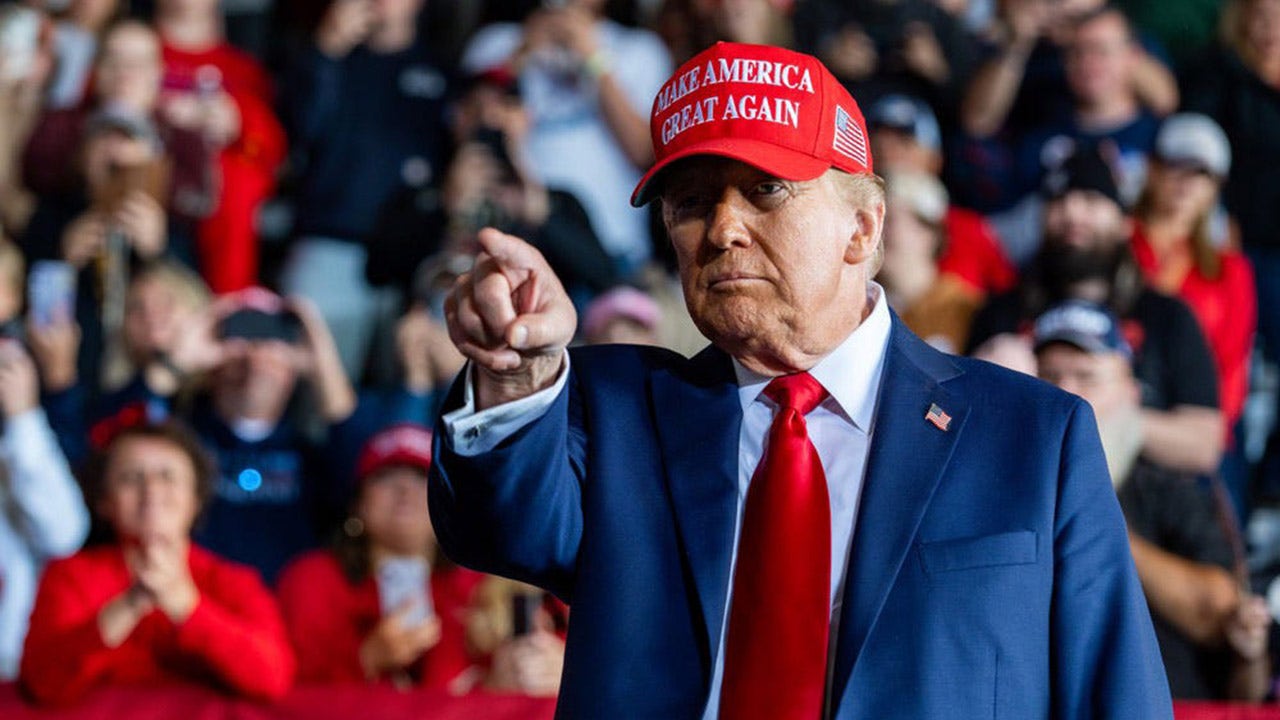MILLIGAN:, Germany braces under collapsing government and looming Trump trade war

Germany, Europe’s largest economy, is facing a perfect storm of internal political instability and external economic pressure, leaving the nation bracing for turbulent times ahead. At the heart of this crisis is the growing instability within Chancellor Olaf Scholz’s coalition government, which has been struggling with internal divisions and an inability to push forward crucial reforms. At the same time, a looming trade conflict with the United States, fueled by the policies of former President Donald Trump, is casting a shadow over Germany’s economic future.
Internal Government Crisis
Chancellor Scholz’s Social Democratic Party (SPD) has been unable to maintain cohesion with its coalition partners, the Greens and the Free Democratic Party (FDP). These divisions have become apparent on several fronts, including Germany’s handling of the energy crisis, climate policies, and defense spending. The conflict surrounding the country’s response to the war in Ukraine and its relationship with NATO has further strained these fragile alliances.
Rising public dissatisfaction with Scholz’s leadership has only compounded the problem. His government is under increasing pressure to address domestic issues such as inflation, high energy prices, and slow economic growth. Polls show that trust in the ruling coalition is at an all-time low, and many analysts are now speculating about the possibility of early elections. The failure of the government to present a unified vision for Germany’s future is weakening the country’s standing both domestically and internationally.
Looming Trump Trade War
Externally, Germany faces a serious threat in the form of a potential trade war with the U.S. The prospect of Donald Trump returning to the White House has raised concerns about a return to protectionist policies, including tariffs and trade restrictions that could significantly hurt Germany’s export-driven economy. The Trump administration’s “America First” agenda, which led to the imposition of tariffs on steel, aluminum, and automobiles during his presidency, remains a point of concern.
Germany, as a major player in global automotive and industrial sectors, is particularly vulnerable. A resurgence of punitive tariffs or trade sanctions from a Trump-led U.S. would exacerbate Germany’s economic woes, which are already being exacerbated by disruptions in global supply chains, particularly in the aftermath of the COVID-19 pandemic and the ongoing war in Ukraine. Analysts warn that a trade war could lead to rising unemployment, further inflation, and economic contraction, pushing Germany into a prolonged recession.
Conclusion
With a fractured government at home and mounting international pressures, Germany’s future appears uncertain. The challenges are immense, and the nation’s leaders will need to quickly reconcile internal disputes and prepare for the possibility of another difficult economic era. The combination of political instability and looming external trade pressures presents a formidable challenge for one of the world’s largest economies.
Leave a Reply